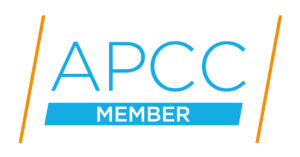Release Date: 27th March 2014
To access the original FCA document, click here.
Summary
Philip Eley, a director of Eley Insurance Services Limited (EISL), has been fined £7,200 by the Financial Conduct Authority (FCA) and is prohibited from performing any regulated functions due to serious breaches of financial conduct. Initially, the FCA considered a penalty of £10,286, but this was reduced by 30% because Eley agreed to settle early in the investigation.
The FCA’s actions follow an investigation which revealed that during October and November 2012, Eley falsified ten no claims discount (NCD) letters intended for an insurer, referred to as Insurer A. These actions were intended to manipulate an audit process and misrepresent customers’ insurance claims histories. The falsified documents were created to cover gaps in the no claims discount bonus audit trail, to avoid EISL failing the audit.
This conduct was particularly egregious because it involved the deliberate fabrication of documents to mislead an insurance company, an act that posed significant risks to consumers and the integrity of the financial system. If these falsifications had not been discovered, customers could have been left uninsured, exposing them to substantial financial risks.
Eley’s misconduct breaches the FCA’s Principle 1, which requires individuals to act with integrity in their financial dealings. His actions demonstrated a clear failure to meet the standards of fitness and propriety required by the FCA, leading to the withdrawal of his approval to perform controlled functions within the regulated environment.
The sanctions against Eley send a clear message about the importance of integrity and honesty in the financial services industry. It highlights the FCA’s commitment to protecting consumers and maintaining trust in the financial system by enforcing strict compliance with regulatory standards.
For other firms and professionals in the industry, this case underscores the necessity of adhering to ethical practices and the severe consequences of deceitful behaviour. It is crucial for professionals to ensure all documentation and submissions to insurers and regulators are accurate and truthful, to maintain compliance and uphold consumer trust.












